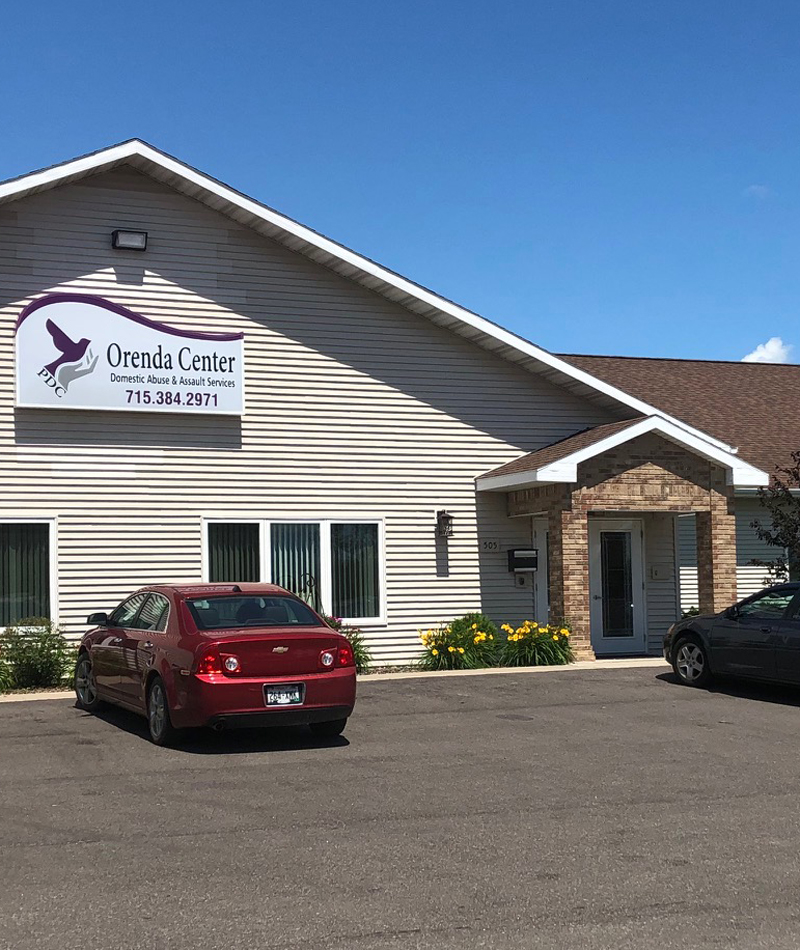Tell An Adult
It’s hard to talk about serious things with adults sometimes, but they can help put a stop to bullying. Tell an adult that you trust and can talk to - your parents, your teacher, your school counselor, your coach, your neighbor.
If you’ve told a grown-up before and they haven’t done anything about it, tell someone else. And if you’re afraid to tell an adult that you have been bullied, get another person - like a friend or a sister or brother - to go with you. Having someone else there to support you can make it a lot less scary.
Tell the adults exactly what has happened - who did the bullying, where and when it happened, how long it’s been happening to you, and how it’s making you feel. If you talk with an adult at your school, ask them what they will do to help stop the bullying. It is their job to help keep you safe. Most adults really care about bullying and will do everything they can to help you.
